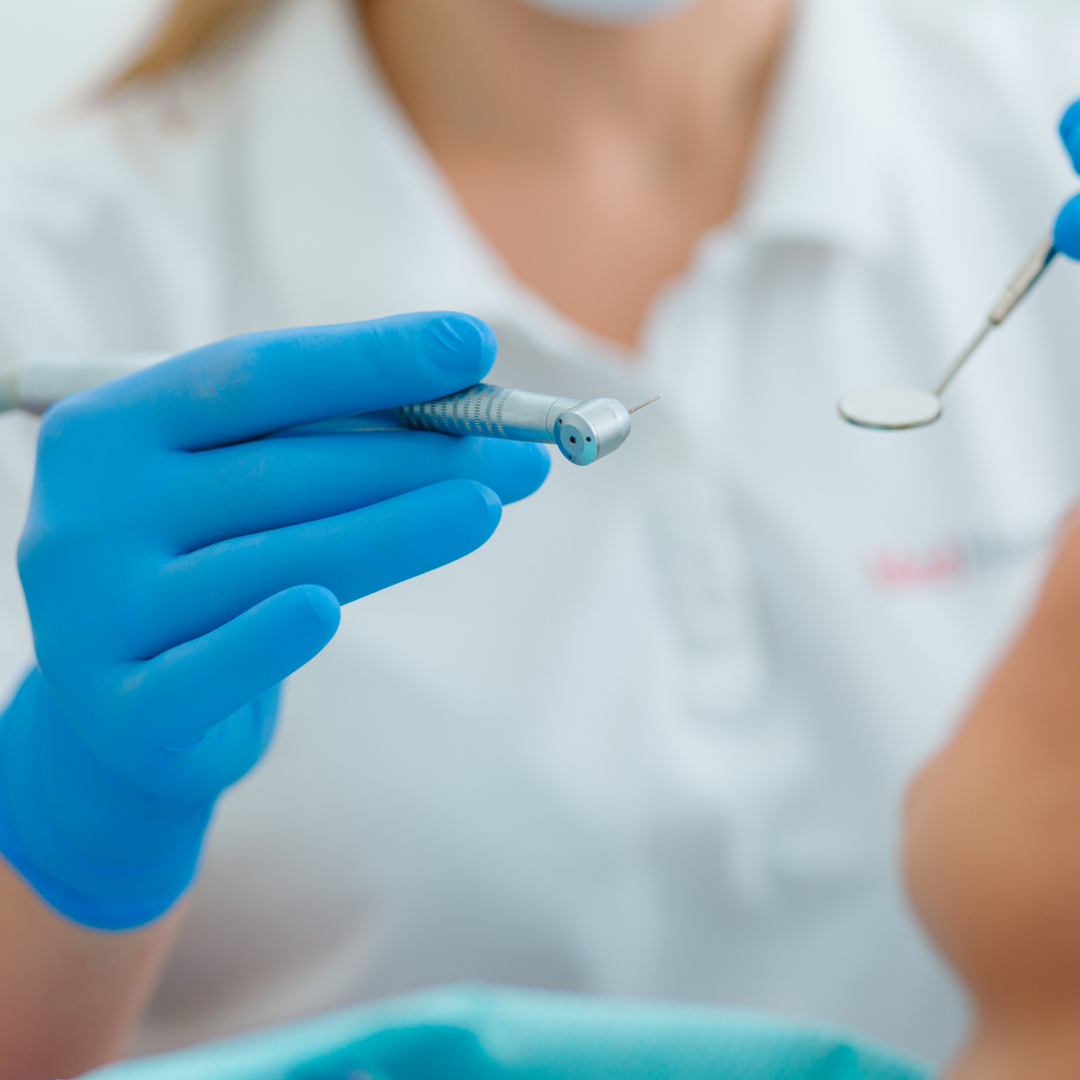The CDC has come out with guidance about handpieces and sterilization. I have always advocated sterilization of handpieces between patients and for good reason. Basically, the CDC recommends (which most if not all State Dental Boards interpret as law) that you should be heat sterilizing your handpieces and other intraoral instruments that can be removed from air and water lines between each patient use. (see the article below)
If you have any questions about this or need help teaching proper sterilization techniques to your staff, please give us a call.
817-755-0035. The only shame is asking for help is in asking for help after it is too late. Patient safety first.
https://www.cdc.gov/oralhealth/infectioncontrol/statement-on-reprocessing-dental-handpieces.htm
CDC recognizes that the dental community requires clear, consistent guidelines on the best way to reprocess dental handpiece devices between patient encounters. CDC guidelines for infection prevention and control state that, between patients, dental health care personnel (DHCP) should clean and heat-sterilize handpieces and other intraoral instruments that can be removed from the air and waterlines of dental units.1 This recommendation is based on studies that have shown that the internal components of air-driven dental handpieces (both low-speed and high-speed devices) can become contaminated with patient material during use, and this material can then be expelled into the mouth of other patients during subsequent uses.2–5 For handpieces and other intraoral instruments that can be removed from the air and waterlines of dental units, CDC continues to recommend that DHCP follow CDC guidelines to clean and heat sterilize.
Dental handpieces are medical devices regulated by the US Food and Drug Administration (FDA). Some handpieces are independent of air and waterlines (e.g., cordless devices). For these devices, CDC recommends that DHCP follow current FDA regulations. DHCP should use FDA-cleared devices6 and follow the validated manufacturer’s instructions for use for reprocessing (cleaning, lubricating, and/or sterilizing) these devices.7
In 2015, FDA released updated guidance for reprocessing medical devices in health care settings pdf icon[PDF – 805KB]external icon. This guidance gives manufacturers of reusable medical devices recommendations on how to write and scientifically validate reprocessing instructions. Reusable devices that received FDA clearance before 2015 might not have reprocessing instructions that meet the requirements of the 2015 guidance. According to FDA, “reprocessing instructions for some older, legally-marketed, reusable devices may not be consistent with state-of-the-art science and therefore may not ensure that device is clean, disinfected, or sterile.” It is incumbent upon the device manufacturer to provide sufficient instructions on how to prepare devices for use on the next patient.
If a dental handpiece cannot be heat sterilized and does not have FDA clearance with validated instructions for reprocessing, DHCP should not use that device.7 If DHCP are concerned about the validity of the manufacturer’s instructions for reprocessing or believe that the instructions are not consistent with basic infection prevention and control principles, they should contact the manufacturer to request documentation of FDA clearance. If the manufacturer is not able to provide sufficient information, DHCP can contact FDA’s Office of Compliance at OCMedicalDeviceCo@fda.hhs.gov or (240) 402-7675 for assistance.
In Summary:
- Clean and heat sterilize handpieces and other intraoral instruments that can be removed from the air lines and waterlines of dental units.
- For handpieces that do not attach to air lines and waterlines, use FDA-cleared devices and follow the validated manufacturer’s instructions for reprocessing these devices.
- If a dental handpiece cannot be heat sterilized and does not have FDA clearance with validated instructions for reprocessing, do not use that device.
Make today your greatest ever!
*** Duane Tinker ***
Chief Compliance Coach & Consultant
Dental Compliance Specialists
CONNECT WITH DUANE
- https://www.dentalcompliance.com/
- toothcop@dentalcompliance.com
- On Facebook
- On Twitter
- On LinkedIn
Dental Compliance Specialists helps make dental offices safer for patients, dentists and their employees. We help our clients develop and maintain their compliance programs including OSHA/Infection Control, HIPAA, DEA regulations and prescribing practices, Radiation Safety, OIG/Medicaid Compliance, Record Auditing, and more by providing actionable systems, easy-to-use tools, robust training, and accountability. Most of our clients have never been in trouble and want to keep it that way. Sometimes, though, dentists call when they are in trouble. In either case, we are there to make a meaningful difference. If you need help call us at 817-755-0035.


